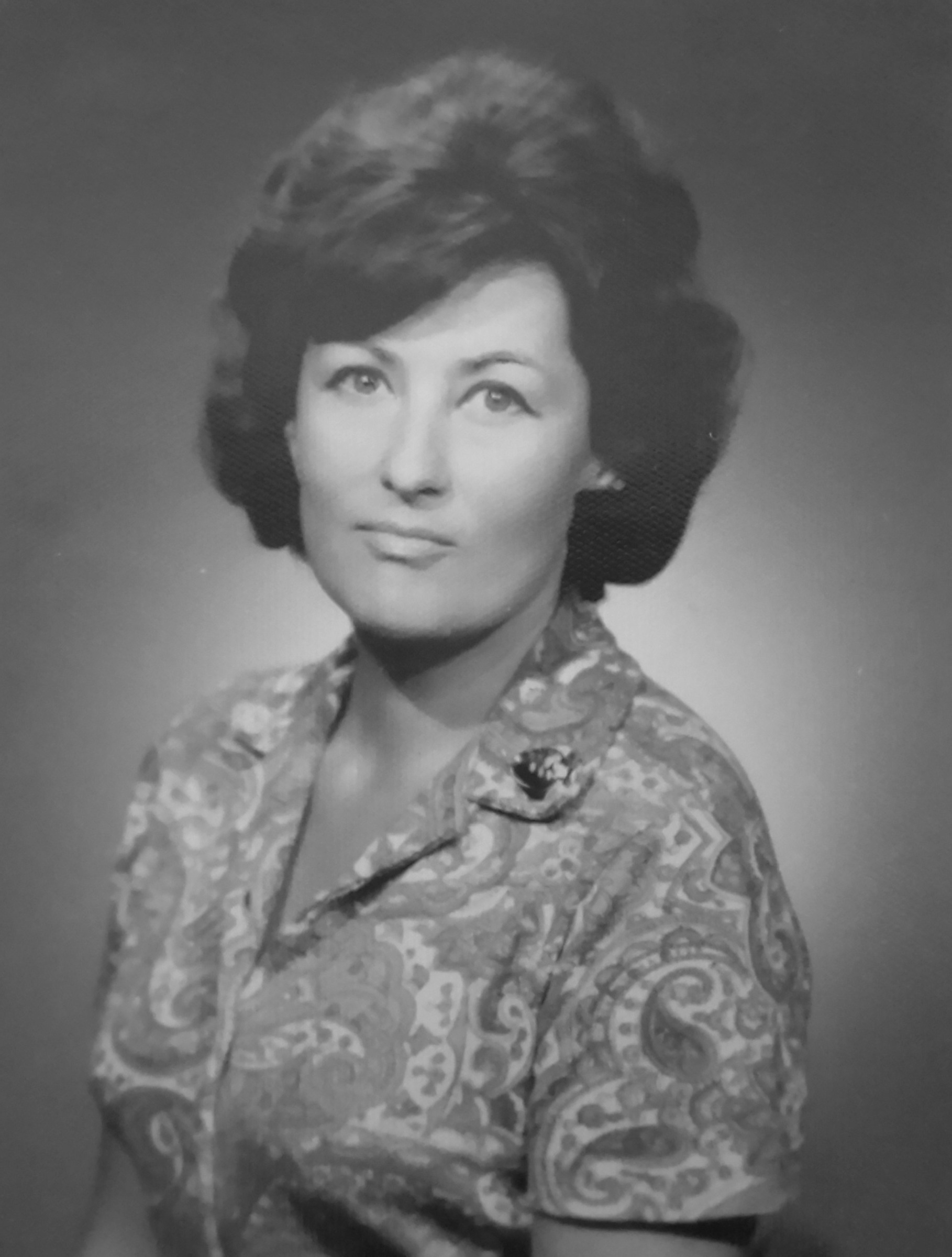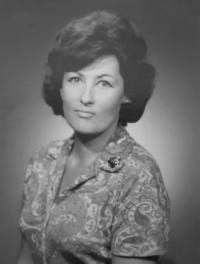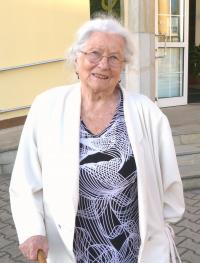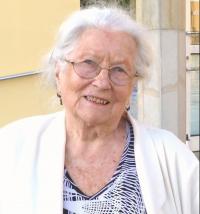You shouldn’t plan too far ahead

Download image
Dagmar Felixová was born on 8 March 1930 in Prague. Her father worked as the chief statistician at Aero, her mother was a housewife and later worked as an assistant editor. The witness and her brother were brought up with a love for art - her brother dedicated himself to music and later became rector of the Academy of Performing Arts in Prague; Dagmar Felixová loved reciting and longed to work for a radio station. She graduated from an actors’ conservatoire with guest performances in the National Theatre; she worked with the likes of Karel Höger, František Filipovský, or Jiří Voskovec. After her studies she joined the newly established theatre in Slaný in 1948. A year later director František Bahník accepted her to the theatre that he was just founding in Hradec Králové. She married František Bahník in 1950. They had three children. She was a member of the theatre in Hradec Králové for more than forty years, until her retirement. She looked after her ill husband, and when he died she wanted to finally take up reciting in the radio. However, by that time the genre had fallen out of popularity, and so she never fulfilled her dream.


